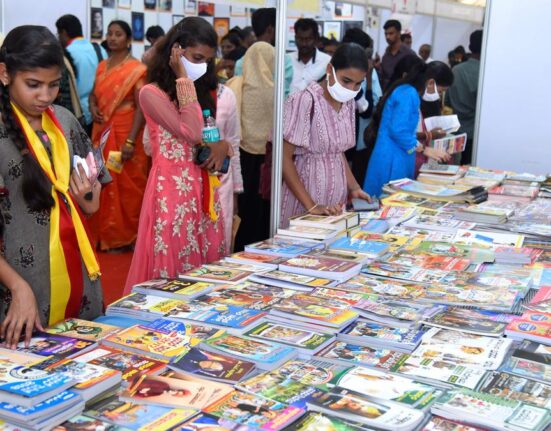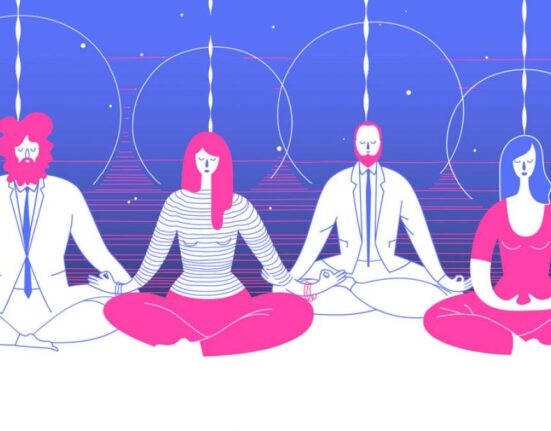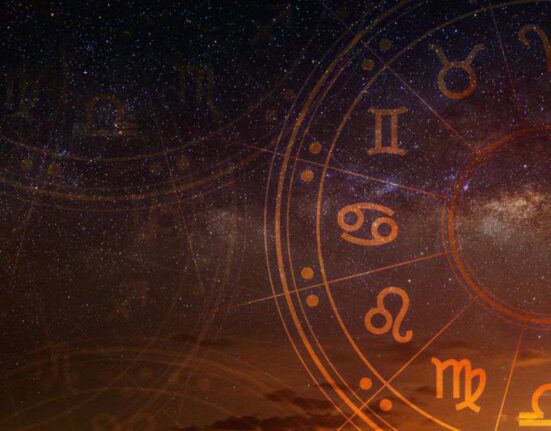April 1st marks a peculiar day on the calendar, known worldwide as April Fools’ Day. This light-hearted celebration, filled with jokes, pranks, and hoaxes, transcends borders and cultures, bringing laughter and merriment to people of all ages. But how did this tradition originate, and why do we continue to embrace it with such enthusiasm?
The origins of April Fools’ Day are somewhat murky, with multiple theories attempting to explain its inception. One popular belief traces its roots back to the adoption of the Gregorian calendar in the late 16th century. Before this calendar reform, New Year’s Day was celebrated around the end of March or early April. However, with the introduction of the Gregorian calendar, New Year’s Day was moved to January 1st. Some people resisted this change or remained unaware of it, continuing to celebrate the New Year during the old date. Those who adhered to the new calendar ridiculed these traditionalists, playing pranks on them and dubbing them “April fools.”
Another theory suggests that April Fools’ Day has ties to ancient festivals such as Hilaria, celebrated by the Romans, or Holi, observed in India. These festivals involved playful acts, mischief, and the reversal of social norms, reflecting the spirit of lightheartedness that characterizes April Fools’ Day.
Regardless of its origins, April Fools’ Day has evolved into a global phenomenon, with people from various cultures embracing the opportunity to engage in harmless pranks and practical jokes. From simple tricks like fake spider webs and whoopee cushions to elaborate hoaxes carried out by media outlets and corporations, the creativity and ingenuity displayed on April 1st knows no bounds.
In the digital age, April Fools’ Day has taken on new dimensions, with internet users and tech companies seizing the opportunity to showcase their wit and humor. Social media platforms are flooded with fabricated announcements, spoof products, and imaginative hoaxes designed to amuse and entertain. Tech giants like Google, known for their elaborate April Fools’ Day pranks, often unveil humorous features or fictitious products that capture the imagination of millions around the world.
Despite its playful nature, April Fools’ Day does raise questions about the ethics of deception and the potential for harm. While most pranks are harmless and enjoyed by all parties involved, there is always the risk of crossing the line into cruelty or causing undue distress. It’s essential to exercise caution and considerate judgment when planning and executing April Fools’ Day pranks, ensuring that they are conducted in a spirit of fun and goodwill.
Ultimately, April Fools’ Day serves as a reminder of the importance of laughter and levity in our lives. In a world often fraught with stress and uncertainty, a day dedicated to silliness and humor provides a welcome respite, fostering connections and spreading joy. So, whether you’re the prankster or the unsuspecting victim, embrace the spirit of April Fools’ Day with a smile and a chuckle, knowing that laughter truly is the best medicine.












